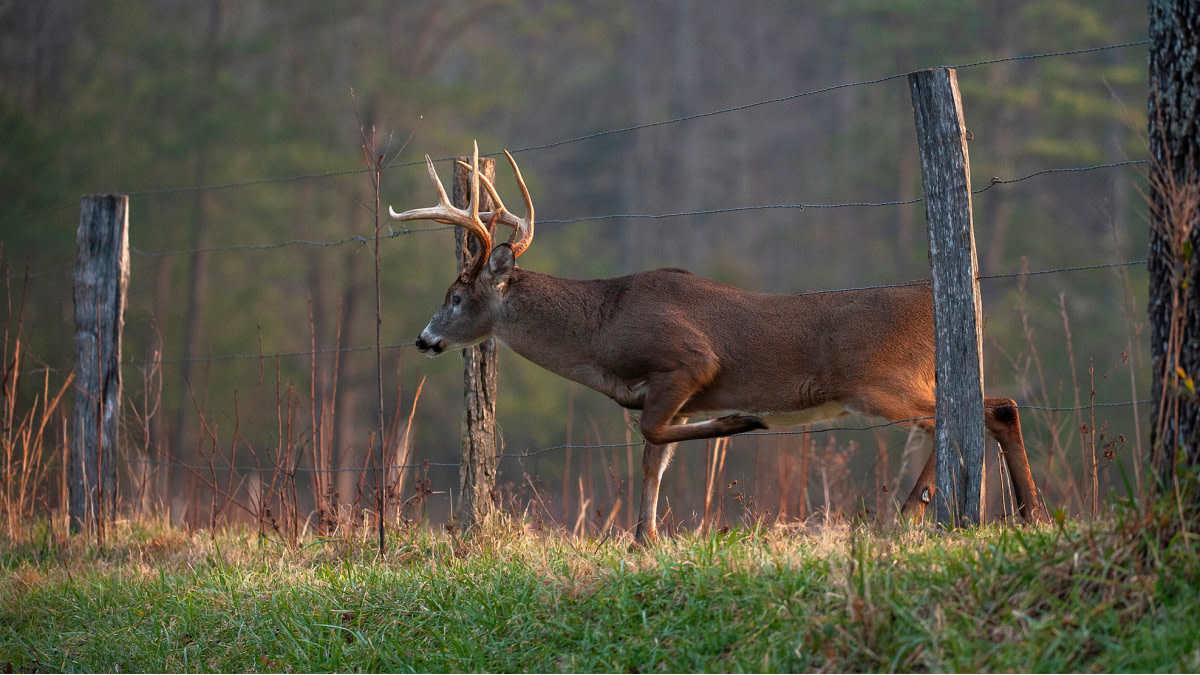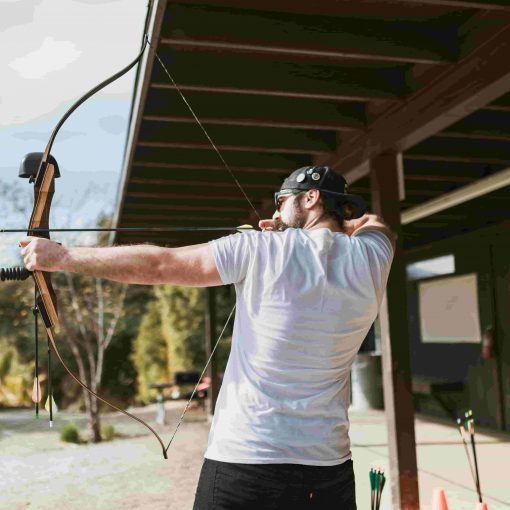The thrill of the hunt—a tradition passed down through generations—can be more than just a pursuit for meat or sport. For many Christian outdoorsmen, hunting intertwines deeply with faith, moral values, and the call to stewardship over God’s creation. This blog post aims to explore ethical hunting practices through a Christian perspective, offering guidance and insights into how one can hunt with both heart and conscience.
Understanding Ethical Hunting from a Christian Viewpoint
Ethical hunting is about much more than following rules and regulations; it’s about aligning one’s actions with a deeper moral compass. From a Christian viewpoint, ethical hunting centers around stewardship and respect for wildlife. This means recognizing animals as part of God’s creation and treating them with dignity and care.
At its core, ethical hunting is about sustainability. It involves making choices that ensure the preservation of wildlife populations for future generations. This can include practicing selective harvesting, where hunters take only mature animals and leave the young to grow and reproduce. It’s also about using as much of the animal as possible, avoiding waste, and ensuring that hunting does not disrupt the balance of the ecosystem.
For Christians, ethical hunting also involves a spiritual dimension. It can be seen as a form of worship and gratitude towards God, acknowledging the bounty of nature and the responsibility that comes with it. This mindset encourages hunters to seek harmony with the environment and to act with integrity and compassion in all their pursuits.
Biblical Principles and Hunting
The Bible offers many insights that can guide ethical hunting practices. In the book of Genesis, God grants humans dominion over the earth, but this dominion is not a license for exploitation. Instead, it is a call to stewardship—a responsibility to care for all creatures and ensure their continued well-being.
Scripture also highlights themes of provision and gratitude. In Deuteronomy, God blesses His people with abundance, calling them to use His gifts wisely. This extends to hunting, where Christians are encouraged to harvest responsibly, taking only what is needed and giving thanks for the life taken to sustain others.
Additionally, the Bible speaks to the importance of respecting life. Proverbs warns against cruelty to animals, highlighting the wickedness of those who neglect this duty. For Christian hunters, this underscores the need to pursue hunting with respect and compassion, always mindful of the ethical implications of their actions.
Conservation and Faith A Harmonious Relationship
Hunting, when done ethically, can be a powerful tool for conservation. By managing wildlife populations, hunters help maintain the health of ecosystems, preventing overpopulation and the depletion of resources. This aligns closely with Christian values of stewardship and care for creation, demonstrating a commitment to preserving God’s handiwork.
Many hunters support conservation efforts financially, through hunting licenses and fees that fund wildlife management and habitat restoration. This form of giving back resonates with the Christian principle of generosity, further intertwining faith with the practice of hunting.
Furthermore, ethical hunting can foster a deeper appreciation for nature. By immersing themselves in the wild, hunters witness the beauty and complexity of creation firsthand. This experience often inspires a stronger commitment to protecting and conserving these natural wonders, nurturing a bond that echoes the divine connection Christians feel towards the earth.
Practical Tips for Ethical Hunting
To hunt ethically, preparation is key. Selecting the right equipment ensures a clean and humane kill, minimizing the suffering of the animal. Hunters should invest in quality gear, practice regularly, and understand the capabilities of their weapons to ensure accuracy and efficacy in the field.
Responsible decision-making is another critical aspect. This includes abiding by all local and federal hunting laws, such as seasonal restrictions and bag limits. It also involves considering the environmental impact of each hunt, such as avoiding sensitive habitats and minimizing disturbance to other wildlife.
Post-harvest care is equally important. Ethical hunters take pride in properly processing their game, ensuring that no part of the animal is wasted. This includes utilizing the meat, hide, and bones, and properly disposing of any remnants in an environmentally friendly manner. By honoring the animal in this way, hunters demonstrate gratitude and respect for the life taken.
Stories of Faith and the Ethical Hunt
Many Christian outdoorsmen embody these principles, living out their faith through ethical hunting practices. Take John, for example, a lifelong hunter who sees his time in the wilderness as a spiritual retreat. For John, every hunt begins and ends with prayer, thanking God for the opportunity to engage with His creation and asking for guidance to act honorably.
Another hunter, Lisa, emphasizes education and mentorship, sharing her knowledge of ethical hunting with younger generations. She believes that fostering a strong moral foundation in aspiring hunters is crucial for the future of both her faith and the environment, and she takes pride in teaching others about the importance of stewardship and respect.
These personal testimonies highlight how ethical hunting can be an expression of one’s faith, blending passion for the outdoors with a commitment to upholding Christian values. By sharing these stories, we can inspire others to pursue hunting with integrity and purpose.
Conclusion Hunting with Heart and Conscience
Ethical hunting from a Christian perspective is about more than the act itself; it’s a holistic approach that combines faith, responsibility, and a profound respect for the natural world. By following these principles, hunters can ensure that their pursuit of wildlife is aligned with the teachings of their faith, contributing positively to conservation efforts and the overall health of our planet.
We encourage you to reflect on your own practices and consider how they align with your values. Whether you’re an experienced hunter or new to the sport, there is always room to grow and learn. Join the conversation, share your experiences, and together, let’s continue to advocate for ethical hunting practices that honor both our faith and the incredible world we are privileged to inhabit.




